Messaging apps spark heartbreak and private investigations in China
By AFP
18 June 2020 |
8:54 am
WeChat and other platforms have helped revolutionise inter-personal relations in China, but are also blamed for adding to growing strain on Chinese marriages by making it easier to flirt with potential new partners.
In this article
Related
Related
21 Apr
Australian scientists say the Great Barrier Reef – the world's largest coral reef, stretching over 2,300 kilometres along the country's northeastern coast – is undergoing its seventh "mass bleaching" event since 1998. This comes after they conducted aerial surveys of more than 300 shallow reef. Faced with climate change, coral reefs are the most vulnerable ecosystems in the world. But various techniques are being experimented to restore them
21 Apr
US Defense Secretary Lloyd Austin held a video call with his Chinese counterpart Dong Jun as the two countries seek to restore dialogue amid rising regional tensions.
17 Apr
Solomon Islanders began voting on Wednesday in a crucial election that will decide China's foothold in the Pacific region.
Polling booths opened at 7 a.m. local time on Wednesday (2000 GMT on Tuesday), with almost 420,000 registered voters to elect 50 members of the national parliament.
There are more than 1,000 polling stations scattered across the Solomons archipelago, 2,000 kilometers (1,200 miles) off Australia's coast.
20 Apr
European heads of state and government came together in Brussels on Wednesday to discuss ways to heighten the European Union's (EU) economic competitiveness. At the special summit, they were issued a stark warning that the EU's economic performance was falling behind that of other key global players, most notably the United States and China.
3 days ago
The world of work is undergoing a rapid transformation, constantly reshaping how we think about work, careers, and success. The rise of remote work, the increasing importance of skills over degrees and of course, the impact of artificial intelligence and automation has all led to what we now call the new work era.
3 days ago
The vote was seen as a referendum on President Mohamad Muizzu's pledge to abandon the country's "India First" policy for closer ties with China. Electoral authorities reported a turnout higher than 73%.
Latest
1 hour ago
El Nino is causing extreme weather events in East Africa and a crippling drought in the south of the continent. Experts say immediate action is needed to tackle famine and displacements.
1 hour ago
Tino Chrupalla, co-chair of Germany's far-right populist Alternative for Germany (AfD) party was the main guest in a Sunday evening political TV show on public channel ARD on Sunday. He got plenty of space to present himself as friendly and well-meaning, denying any knowledge of leading AfD politicians being on Russia's payroll, of racism and misogyny in his own party.
5 hours ago
Drought, wildfires, floods and record heat in Europe: Last year was one of extreme climate impacts for humans and nature. But there's also some positive news.
5 hours ago
The Dambe sport is more than just a fist fight, it is deeply rooted in the tradition of the Northerners of Nigeria. The sport has caught the attention of the federal government, but Jibrin Inuwa Baba, a kickboxing champion calls for the modernization of the risky game while upholding the culture that binds the people.
6 hours ago
The number of people suffering acute food insecurity rose in 2023 for the fifth year in a row, according to a UN-led report. Conflicts, extreme weather and economic shocks are worsening the food crisis many people face.
1 day ago
FG to integrate over 20% unbanked Nigerians into banking system says Shettima and more
×

Get the latest news delivered straight to your inbox every day of the week. Stay informed with the Guardian’s leading coverage of Nigerian and world news, business, technology and sports.


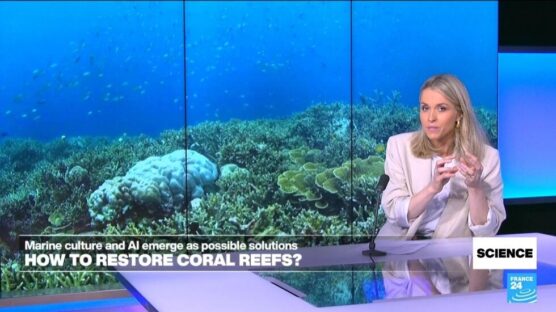
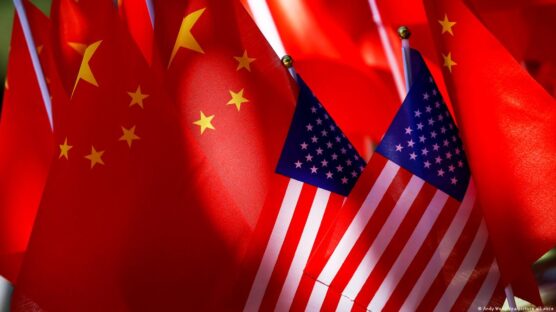
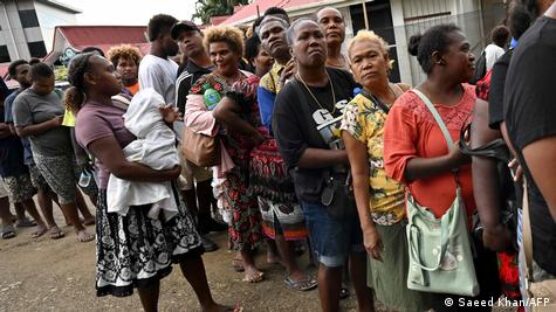
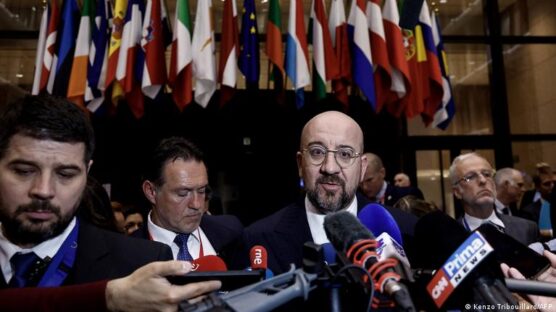






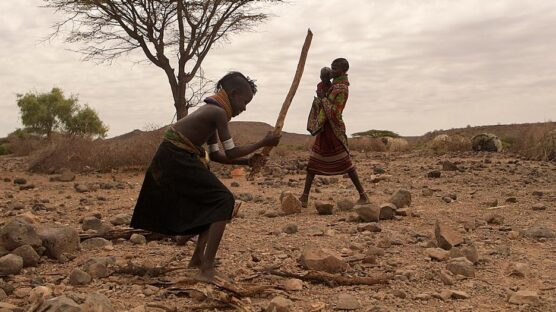

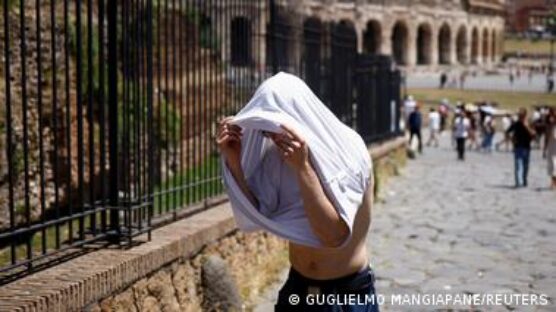


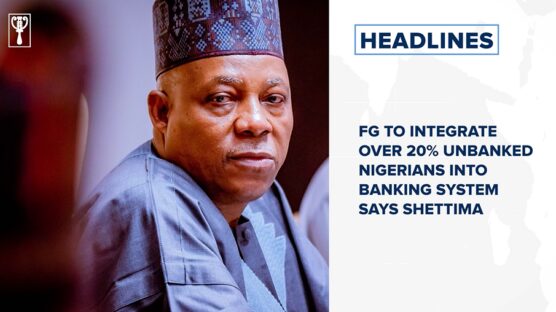
0 Comments
We will review and take appropriate action.